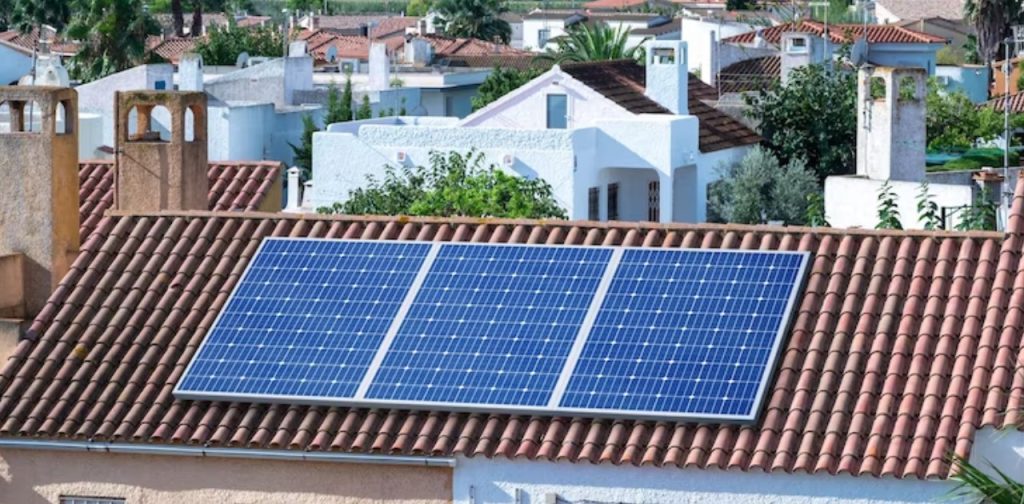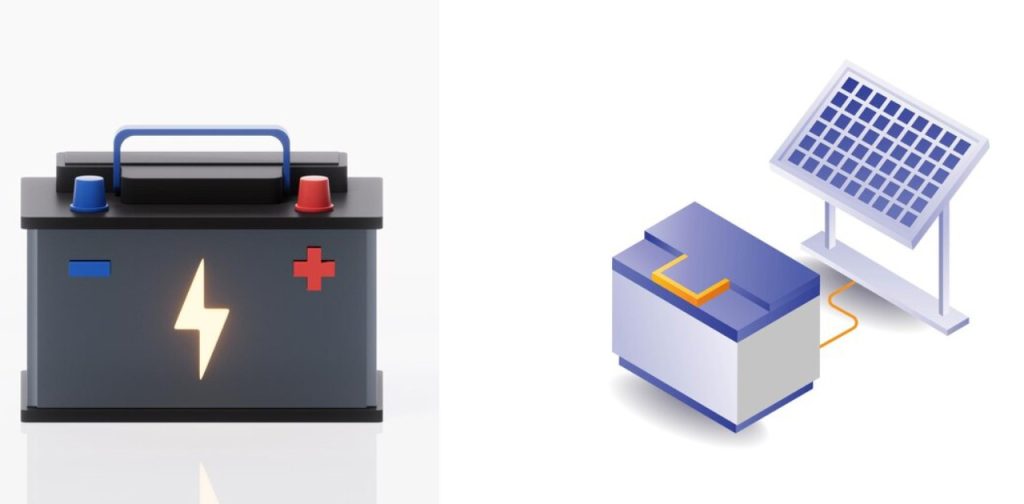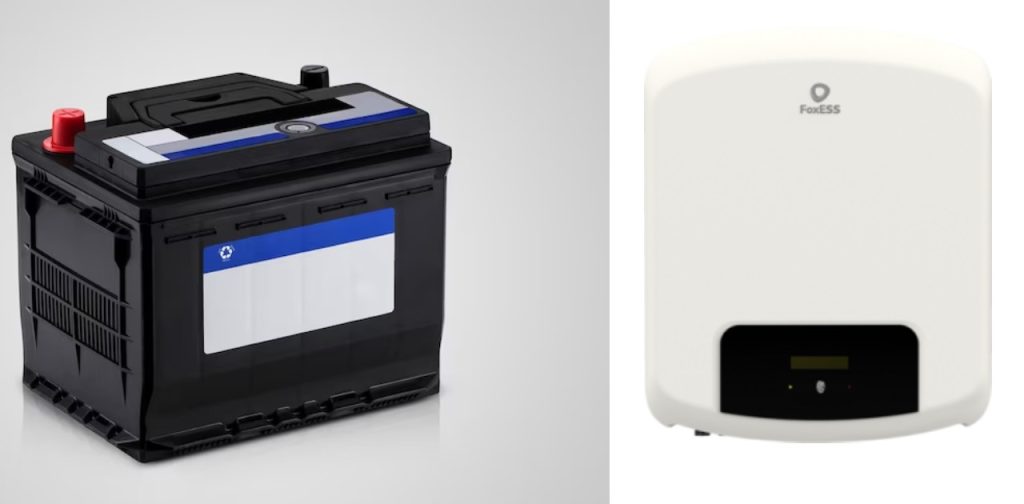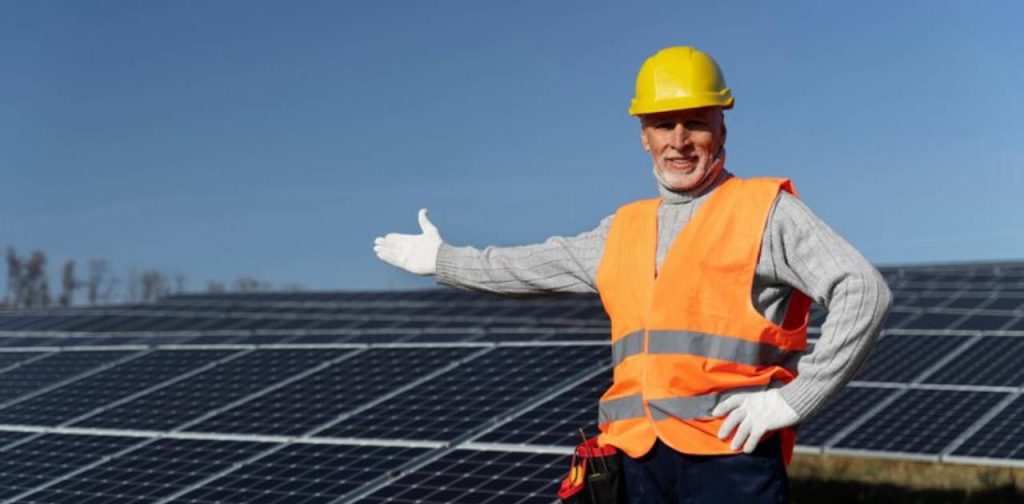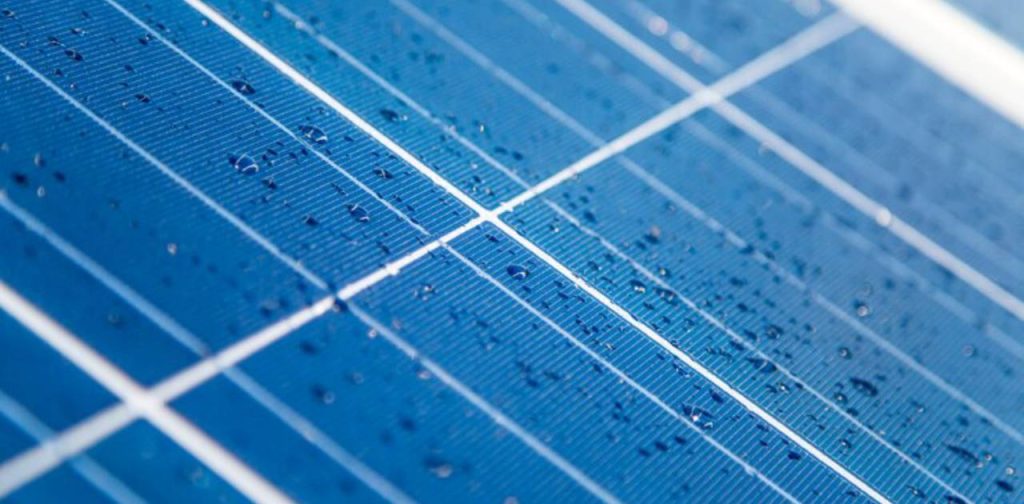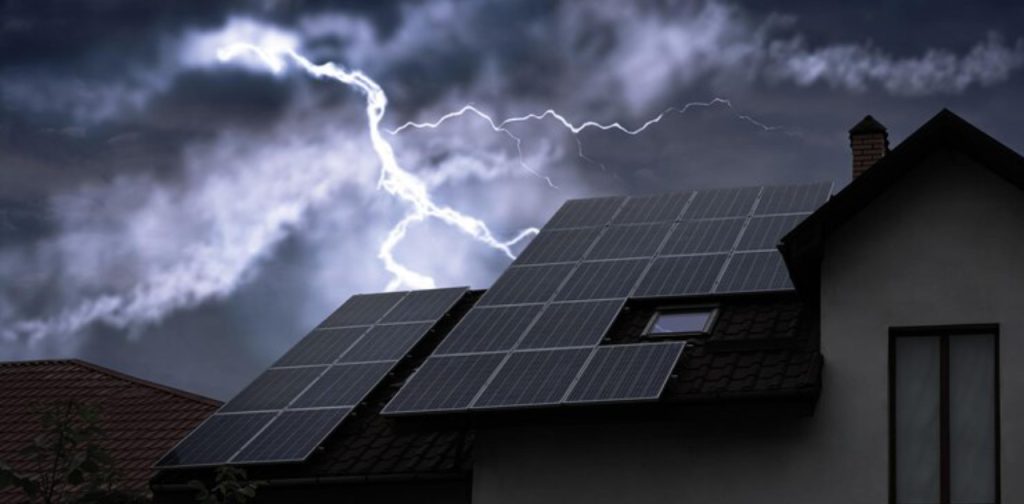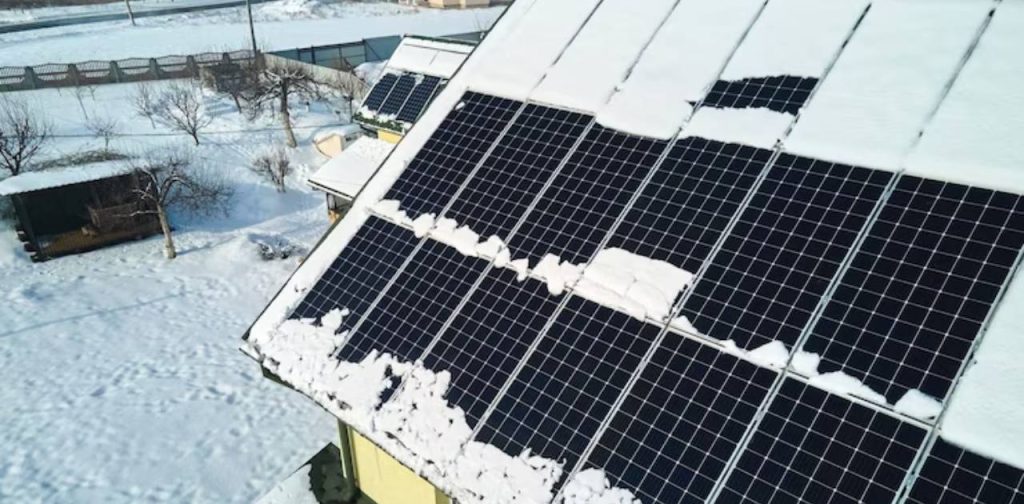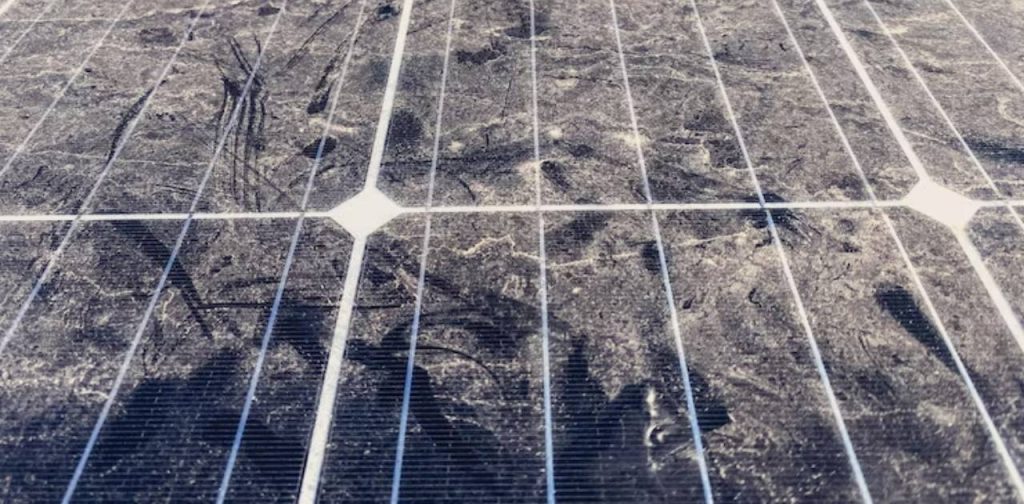Generators vs Solar Panels | Redington Solar
Introduction: Imagine a boxing ring where two heavyweights of the power generation world, generators and solar panels, are squaring off. Each contender, with its unique strengths and applications, is vying to meet our ever-increasing energy needs. To make an informed choice between these two, we need to understand their differences. So, let’s dive into this exciting face-off of Generators vs Solar Panels. 1. How They Work: Generators are machines that convert mechanical energy into electrical power. They burn fuels like gasoline, diesel, or natural gas to spin a turbine, which then generates electricity. It’s a bit like a car engine, but instead of driving wheels, it drives your appliances. Solar panels, on the other hand, are like sunflowers. They use photovoltaic cells to absorb sunlight and convert it into electricity. These cells are made of special materials that absorb light particles and release electrons, creating an electric current. It’s a silent, clean process that happens as long as there’s daylight. 2. Environmental Footprint: Generators, particularly those running on fossil fuels, are like smoke-belching trucks. They emit carbon dioxide and other pollutants, contributing to air pollution and climate change. Solar panels, in contrast, are the poster children for green energy. They quietly produce electricity without belching out harmful greenhouse gases. They’re in line with global efforts to shrink our carbon footprint and move towards sustainable energy sources. 3. Fuel Dependence: Generators are like hungry beasts that need a constant supply of fuel. Storing fuel and refueling can be a hassle, especially in remote areas or during emergencies. Solar panels, however, are like camels in the desert. They thrive on an abundant and renewable energy source – sunlight. As long as the sun shines, they can generate electricity, making them a more sustainable choice in the long run. 4. Maintenance and Lifespan: Generators need regular TLC, including oil changes, filter replacements, and system checks. Plus, their mechanical parts can wear out over time. Solar panels, in contrast, are low-maintenance. Their photovoltaic cells have no moving parts, reducing the risk of mechanical failure. With proper care, solar panels can outlive your favorite pet turtle, lasting over 25 years! 5. Cost Factors: Generators might seem cheaper at first, but the ongoing costs of fuel and maintenance can add up. This is one of the disadvantages of generators compared to solar panels. Solar panels might make your wallet wince initially, but they offer long-term savings. The maintenance costs are relatively low. Plus, government incentives and rebates can make solar installations even more affordable. These are some of the advantages of solar panels over generators. 6. Use Cases and Portability: Generators are like Swiss Army knives. They’re versatile and portable, making them ideal for a variety of uses, from powering homes and businesses to lighting up outdoor events. Solar panels, however, are more like rooftop gardens. They’re usually stationary installations on rooftops or open fields. While portable solar technology is evolving, it may not offer the same immediate, on-the-go power as generators in some situations. In conclusion, when choosing between generators vs solar panels, it’s important to consider their differences in operation, environmental impact, fuel dependence, maintenance, cost, and use cases. Both have their own strengths and weaknesses, and the choice depends on your specific needs and circumstances.

